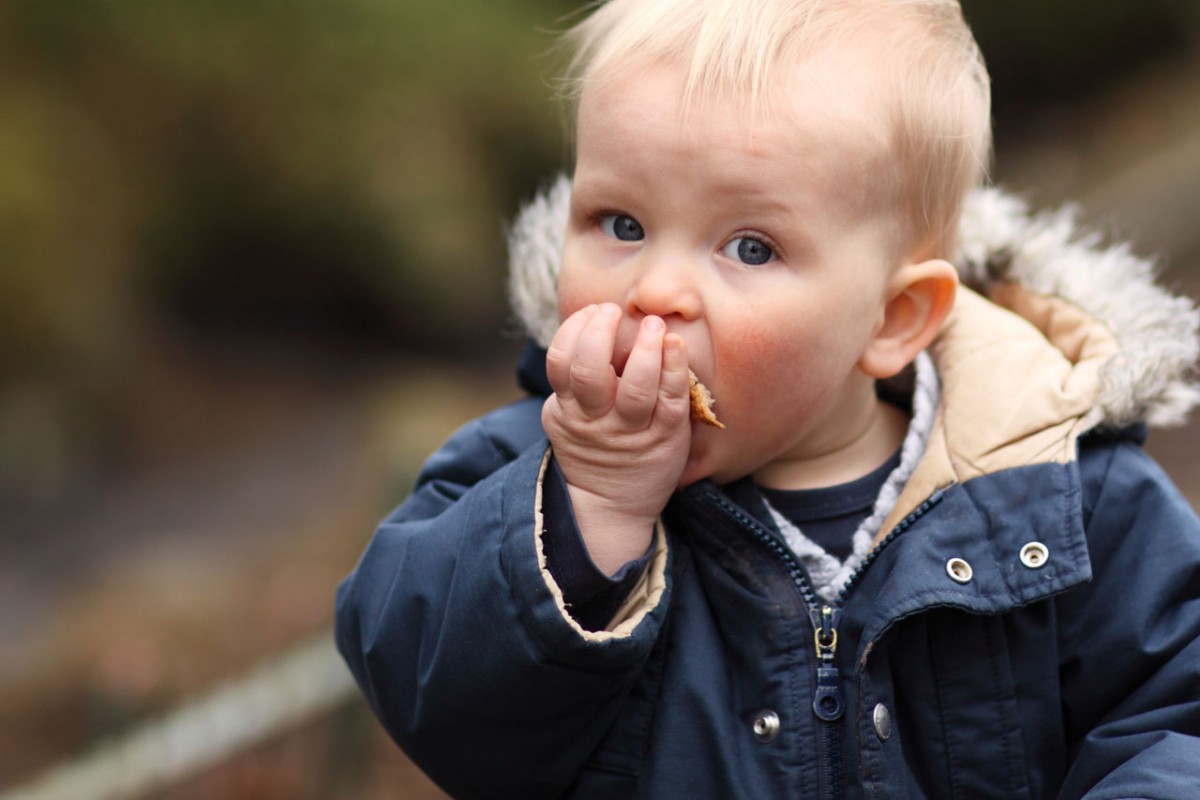Introducing eggs and peanuts earlier to babies could reduce allergies
Allergies have been steadily on the rise over the past few decades with more children being diagnosed with food allergies. The reasons for this are unclear however some suggest environmental factors and an increase of allergy awareness.
Managing these allergies in settings is crucial to prevent any child suffering reactions; with clear and concise policies and procedures to support practitioners in preventing allergic reactions. Many settings operate red dot systems and display these in each room detailing the children who have allergies and what they are allergic to. Many early years settings also choose to not have egg based meals on menus to completely reduce the risk and many operate nut free settings as the risk to allergies is so high. Current statistics suggests that around 1 in 20 children have a food allergy. Within a large setting this could amount to a fair number of children.

Experts are now claiming that foods such as eggs and peanuts may cause less allergic reactions if introduced to babies early. They claim that in the studies completed, introducing eggs and peanuts before 11 months old, could reduce the risk of developing an allergy to them by up to as much as 70%.
These findings were from a small sample group and further studies will need to be completed before the government releases new guides to supporting weaning and improved diets for babies and children. Currently guidelines recommend that exposure to foods that hold allergy risks, such as peanuts or eggs, are delayed in giving to babies because of the risks involved. Further studies in the future could lead to this advice changing.
Unfortunately so far these findings cannot be applied to many other allergies children face during childhood such as milk, wheat and fish. The government still recommends that current guidelines around weaning and allergies should be followed. They also urge parents to continue breastfeeding until 6 months of age as this is considered to be beneficial for baby and for the mother.
Leave a Reply